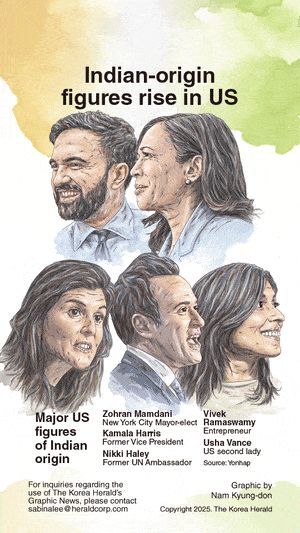 The Uzbek Embassy in Seoul unveiled the Korean edition of the Uzbek novel “The Days Gone By” on Monday.
The Uzbek Embassy in Seoul unveiled the Korean edition of the Uzbek novel “The Days Gone By” on Monday.
The Korean translation is a result of meticulous work, comparing three English versions, a German translation, and the original Uzbek text to ensure both linguistic accuracy and cultural authenticity, according to embassy officials.
Qodiriy, often hailed as the father of modern Uzbek prose, drew inspiration from nationalism, enlightenment ideals, and the Jadid movement – a progressive wave that swept through Muslim intellectual circles in Central Asia from the 1880s to the 1920s.
The term “Jadid,” which means “new” or “modern” in classical Persian, championed educational reform, social renewal, and cultural revival.
In a tragic turn of events, Qodiriy was executed in Tashkent in 1938, branded as an “enemy of the people” during Stalin’s reign. However, his legacy endured. He was posthumously rehabilitated in 1956 and later honored with Uzbekistan’s National Award in 1991 and the Independence Order in 1994.![Artists perform Uzbek music and dance in Seoul on June 30. (Sanjay Kumar/ The Korea Herald)]](https://contents-cdn.viewus.co.kr/image/2025/07/CP-2023-0309/30478269_1.jpg) “Qodiriy’s literary treasures, preserved through blood and sacrifice, remind us that what we’re passing on isn’t just words on a page, but the very essence of our culture,” Uzbek Ambassador Alisher Abdusalomov passionately stated at the event.
“Qodiriy’s literary treasures, preserved through blood and sacrifice, remind us that what we’re passing on isn’t just words on a page, but the very essence of our culture,” Uzbek Ambassador Alisher Abdusalomov passionately stated at the event.
Set against the backdrop of the 19th-century Kokand Khanate, the novel paints a vivid picture of Uzbek society grappling with Russian expansion and the oppressive structures of traditional Islamic life, all woven into a heart-wrenching love story. It’s a powerful exploration of identity, modernity, and resistance, offering profound insights into national trauma and cultural resilience.
The event also shed light on fascinating historical parallels between Korea and Uzbekistan, underscoring their deep-rooted cultural connections. Speakers pointed out that literary giants King Sejong and Alisher Navoi were contemporaries, as were King Taejo of Joseon and the legendary Amir Timur.










Most Commented